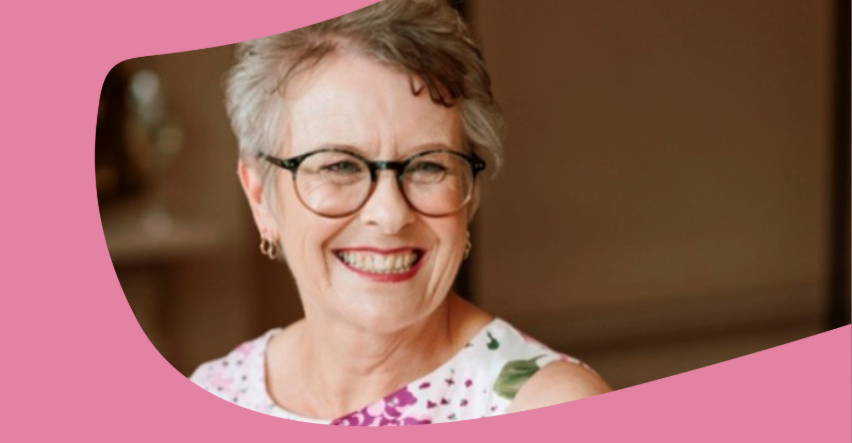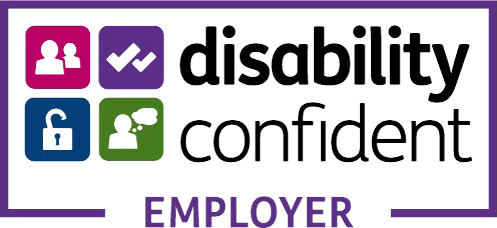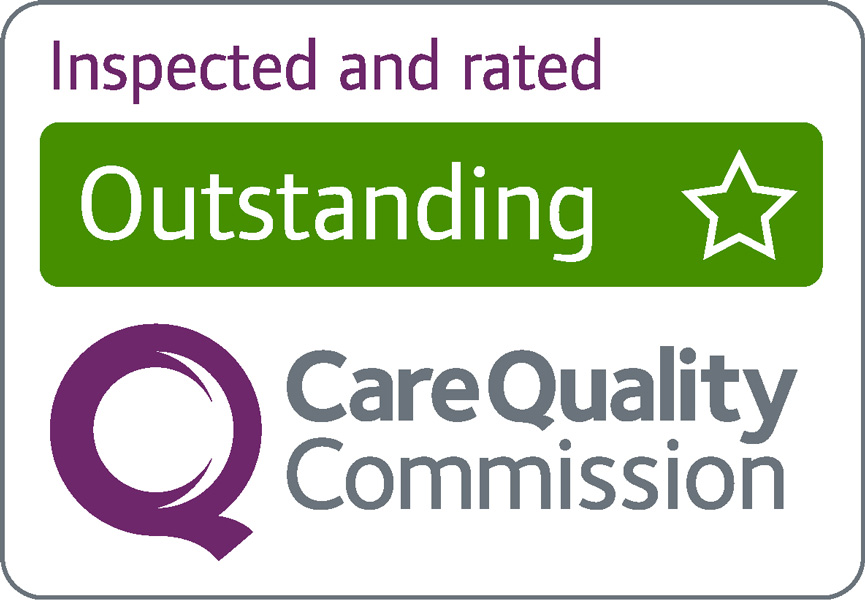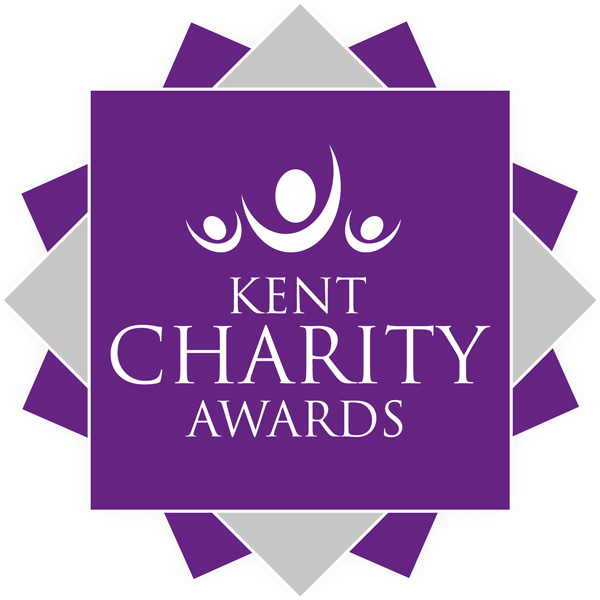
“From Silence to Strength: Linda’s Journey Through Addiction, Loss, and Hope”
When Linda speaks about her past, she does so with a frankness that is both moving and courageous. Her story spans childhood rejection, a turbulent marriage overshadowed by alcoholism and the painful reality of end-of-life care. Yet it is also a story of survival, personal transformation, and the healing power of community.
“I was once shy, insecure and terrified to speak up,” she says. “Now, I’m loud, bubbly and not afraid of being myself. Counselling changed everything – it gave me my voice back.”
Linda was born in Essex and later lived in Plymouth before moving to Kent after marrying her husband. The marriage, however, brought with it struggles she could never have foreseen. “I fell in love with a voice on the phone,” she recalls. “Within three months, I married him. It turned out to be the biggest mistake of my life.
Her husband was an alcoholic, though Linda didn’t realise the extent of it until after their wedding. What followed was more than a decade of mental and emotional strain. “I became paranoid over every can and bottle. I tried everything to make him stop, but I couldn’t. It consumed me. I felt like I was losing myself.”
It was only through counselling that Linda began to reclaim her identity. “I told my GP I didn’t want antidepressants. I wasn’t depressed, I was falling apart. She referred me to a counselling service, and I was lucky. I worked with the same counsellor for three and a half years. She helped me separate from my husband’s addiction and rediscover who I really was.”
The counselling process was intense. Linda had to confront not only her marriage but also earlier traumas including a difficult childhood marked by neglect and rejection.
“It was like peeling back layers I had buried for years. Painful, but it freed me. I learned to face myself, and once I did, I found my strength.”
Despite this progress, life’s challenges were far from over. Her husband’s drinking eventually took a fatal toll, leading to cirrhosis of the liver and kidney failure. After nine weeks in hospital, he was referred to ellenor for end-of-life care.
“That was the hardest part,” Linda remembers. “The doctors told me there was nothing more they could do. I had to be the one to tell him he was going to die. His face was like that of a little lost boy. He thought he was getting better. I’ll never forget it.”
Her husband’s final days were spent at ellenor, where Linda, family and friends were able to say their goodbyes. “Despite everything, I was still his rock. I was the one holding him up. ellenor gave us dignity and compassion at the very end.”
For Linda, honesty about her husband’s alcoholism is essential. “Some people hide it, but that only makes families feel more alone. Addiction affects everyone in the household. If sharing my story helps one person realise they’re not alone, then it’s worth it.”
Eight years have passed since his death. During that time, Linda has continued to rebuild her life – and part of that journey has been shaped by her role as a volunteer at ellenor.
“I was invited in for a coffee, and I thought, why not? I had time on my hands. Before I knew it, I was volunteering in the café. At first it was one day a week, then two, then four. Now I’m back to two days, but it’s still such an important part of my life.”
The café at ellenor is more than just a place to eat and drink. For everyone who visits the café, it is often a small sanctuary of normality and connection. Linda thrives on being part of it. “I’m a people person. I know the regulars, their orders, their stories. Sometimes it’s just making someone a cup of tea or a scone, but those little acts matter. They remind people they’re not invisible.”
Her warmth has not gone unnoticed. Regular visitors greet her with affection, and colleagues value the energy she brings. “I don’t like being on my own,” she admits. “Volunteering gives me purpose and connection. And if I can give someone a smile or a laugh in the middle of a hard day, then I’ve done something worthwhile.”
Linda’s story, though rooted in personal pain, resonates more broadly. It highlights the hidden impact of addiction on families, the importance of accessible counselling and the vital role of hospices not only in end-of-life care but in supporting those left behind.
Volunteering, for Linda, is both a way of giving back and a continuation of her own healing. “I want people to know they are seen. That’s what ellenor has given me too – visibility. For so long, I felt invisible. Now, I belong.”
As she reflects on her journey, Linda doesn’t sugar-coat the past. “I can’t pretend my husband was wonderful. He was an alcoholic, and it destroyed him. But I stayed because I believed in my vows, and I believed there was good in him. Counselling saved me, and ellenor gave us both compassion at the end. Now, through volunteering, I can pass that kindness on.”
For those who may be in a similar situation, Linda offers a message of hope. ‘You’re not alone. There are people who will listen, who can help you step back from the chaos and find yourself again. It’s not easy, but it’s possible. If I can come through it, so can you.”
Today, Linda’s story is also a testament to the difference ellenor makes – not only in supporting patients at the end of life, but in helping families rebuild, find connection, and rediscover a sense of belonging.





